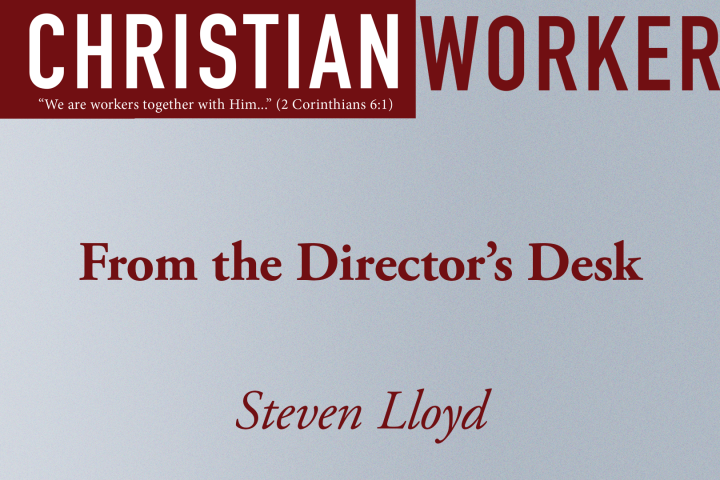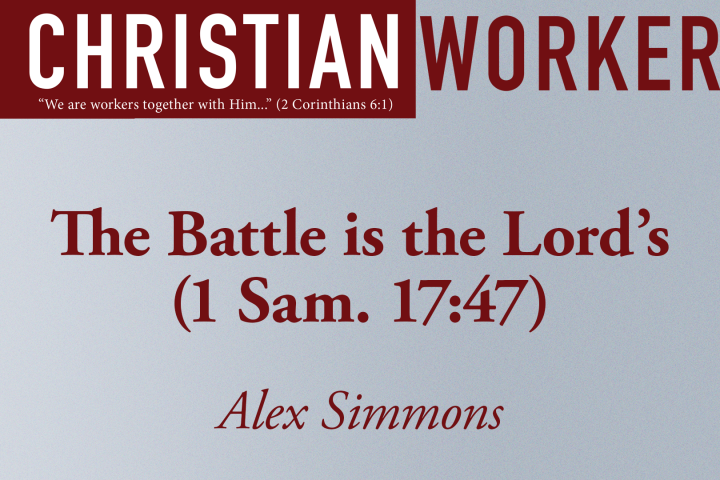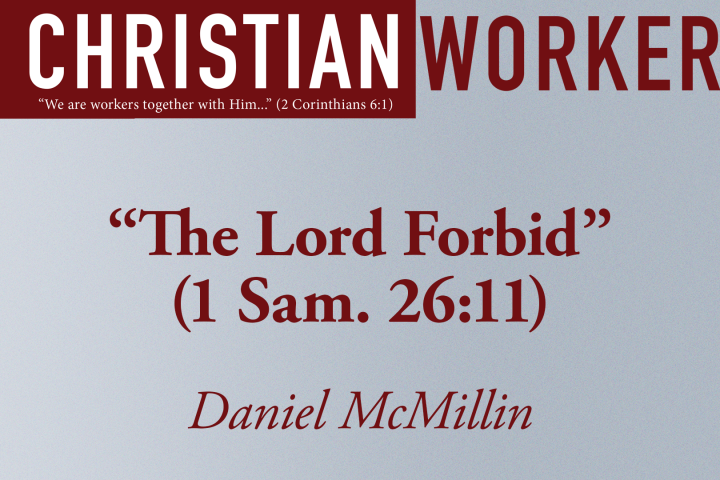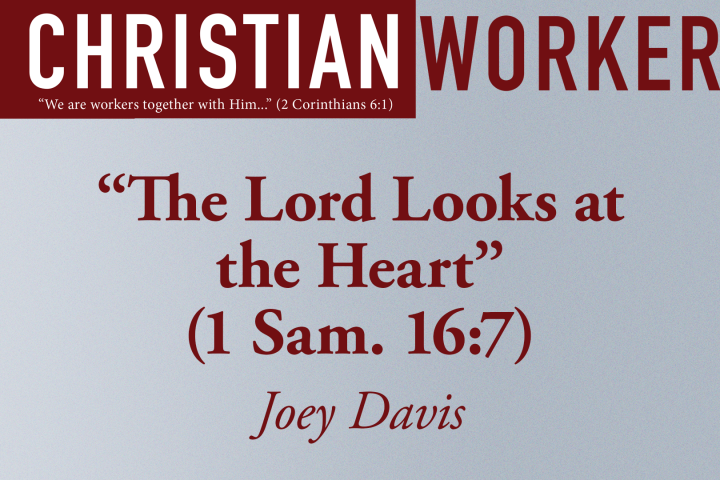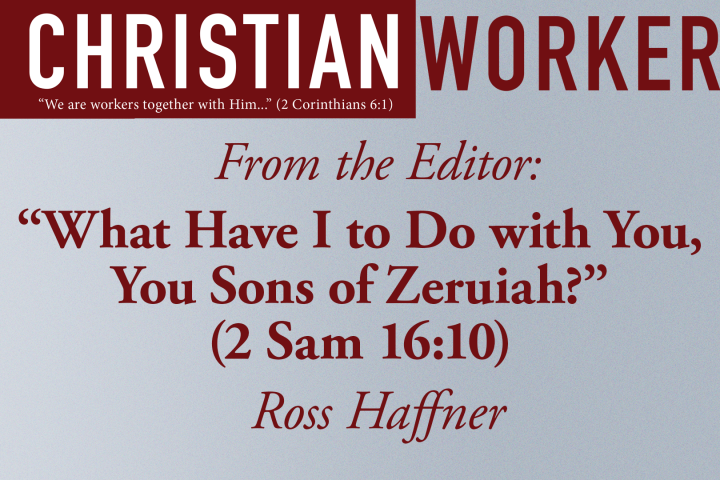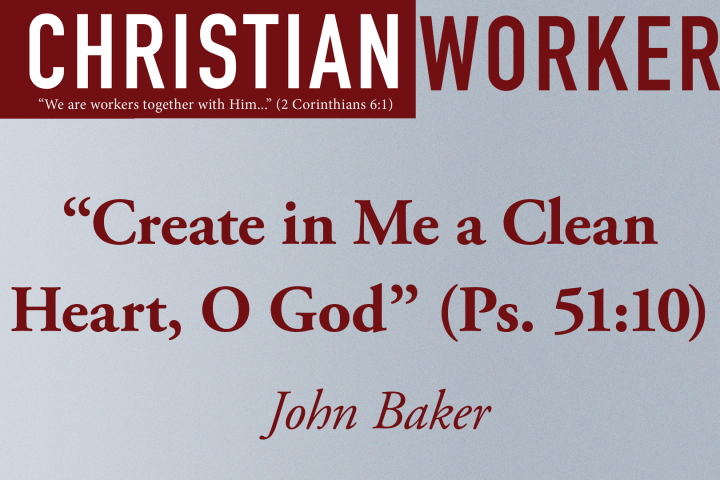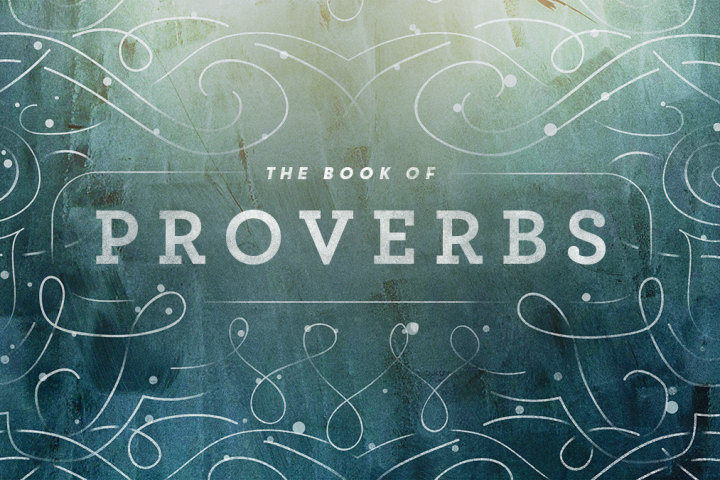Christian Worker
3 Things Being a False Witness Can Accomplish
“The ends justify the means” and “A little white lie never hurt anyone”— these two cliches miss the obvious and contradict Almighty God. Proverbs 6:16-19 reveals seven things that the Lord hates. These abominations do not belong in the realm of moral ambiguity, yet man will run to defend them to some degree or another. James warns us about the tongue’s great potential to destroy, and John was told that “all liars” will have their part in the lake of…
From the Director’s Desk
At the writing of this note, we are in our second week of the third quarter of the school year. Our Arise Workshop is rapidly approaching—February 26th to March 1st. In conjunction with the Workshop, Rob Whitacre will conduct a “blitz week” on the subject of Evangelism. We have the largest first-year class in our history of forty-eight years. Sixteen students fill the class from young to not so young—which makes for an interesting dynamic. Some students are a year…
The Battle is the Lord’s (1 Sam. 17:47)
I t was a young shepherd boy who proclaimed the words, “the battle is the Lord’s” as he stood face to face with a giant (1 Sam. 17:47). In a valley full of fear, crowded with concern, and packed with panic, those five words were just what the nation of Israel needed. Certainly, David’s statement was one of courage and conviction, but it was also one of great faith. While the king, the nation, and David’s own brothers were greatly…
“The Lord Forbid”
The young shepherd boy who slayed a giant and fought the Philistines now has a target on his head. The king who once loved the boy from Bethlehem became jealous of the rising star and ordered his execution. Throughout Saul’s pursuits, David not only evaded Saul but also had the opportunity to kill the king and take the target off his back. Yet David takes a route that is quite unexpected. In 1 Samuel 24, David and his mighty men…
“The Lord Looks at the Heart” (1 Sam. 16:7)
When God rejected Saul as king, Samuel was sent to the house of Jesse to identify and anoint his replacement. God worked through Samuel to identify David, but God’s method of choosing differed from Samuel’s expectations. When Eliab, Jesse’s eldest, appeared, Samuel anticipated a quick decision: “Surely the Lord’s anointed is before Him!” (1 Sam. 16:6). Samuel quickly learned that more was involved: “Do not look at his appearance or at his physical stature, because I have refused him. For…
“What Have I to Do with You, You Sons of Zeruiah?” (2 Sam. 16:10)
Christians would agree that we should show mercy when we have been wronged (Eph. 4:32, Matt. 5:7). But could we stop ourselves even at our lowest point? In an age of instant online backlash and cancel culture, restraining a sharp reply feels nearly impossible. Yet the Scriptures provide great relevant examples to help. Part of David’s punishment for his sins with Bathsheba and against Uriah the Hittite comes to the forefront through the king’s son Absalom (2 Sam. 12:10-12). When…
“Create in Me a Clean Heart, O God” (Ps. 51:10)
God offers hope and forgiveness to sinners. Psalm 51 is David’s psalm of brokenness, contrition, and sorrow because of his sins concerning Bathsheba and her husband. David could not undo what had been done, but he could find a way forward because of the grace and forgiveness of God. In Psalm 51:10 David pleads, “Create in me a clean heart, O God, and renew a right spirit within me.” Psalm 51 shows us how to seek forgiveness from God. We…
Pearls from Proverbs: Trust (Proverbs 3:5,6)
Who do you trust? That is a loaded question, and the answer often depends on the context in which it is asked. Yet one thing is certain: we all place our trust in someone. For some, it may be a spouse; for others, a close friend, a mentor, or even themselves. Trust is a powerful bond. It often takes years to build, yet it can be broken in a single moment. The book of Proverbs has much to say about…
I Can’t Be Saved LIke the Thief on the Cross
Many people look to the thief on the cross next to Jesus as an example of how to be saved today. Is this reasonable in light of scripture? Can I be saved like the thief on the cross? We don’t know a lot about this man who joined Jesus in paradise on the day of His crucifixion (Luke 23:43). Jesus obviously forgave the thief’s sins but unanswerable questions abound. Had he believed in Jesus before this interaction? Was he present…
Pearls from Proverbs: Laziness (Proverbs 6:6-11)
There are not many problems more crippling to us, our families, and our congregations than laziness. Cambridge defines the word as “The quality of not being willing to work or use any effort.” Laziness is often compared to words like idleness, being a sluggard, or sloth. Today, someone who is lazy might also be called a “couch potato.” The point is, laziness is not a positive adjective. It is sin, and it should not be seen in the life of…
Biblical Occupations
One of the great things about the Bible is that God chose to use real life examples to teach us. We can better understand how to be Christians when we can relate a Bible truth to something we know already. The New Testament uses the following occupations to teach us what it means to live by faith (Gal. 2:20). A Christian is like a builder. Jesus used the parable of the wise and foolish man to illustrate the point that…
Pearls from Proverbs: Focus (Proverbs 4:25)
Where is your focus? Maybe it is upon the aspirations and goals you have set for yourself this year. It may be more narrowly upon a trial you may be facing or a desire you have right now. It may also be possible that you have no true focus at all, or your focus is crystal clear. Wherever you find yourself, we live in a world that is constantly trying to steal our focus, draw our attention elsewhere, or change…

